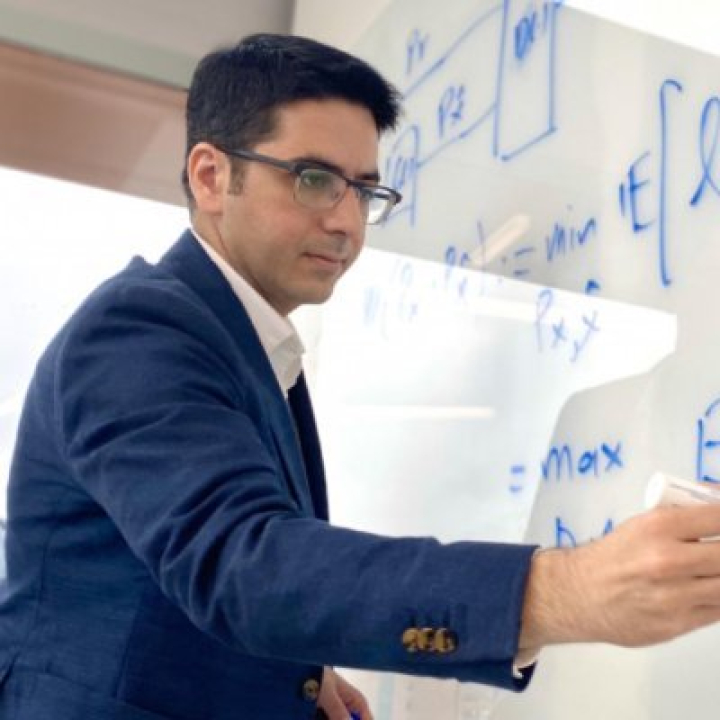Detecting AI may be impossible. That’s a big problem for teachers
New preprint research from assistant professor Soheil Feizi and colleagues at the University of Maryland finds that no publicly available AI detectors are sufficiently reliable in practical scenarios.
“They have a very high false-positive rate and can be pretty easily evaded,” Feizi told me. For example, he said, when AI writing is run through paraphrasing software, which works like a kind of automated thesaurus, the AI detection systems are little better than a random guess. (I found the same problem in my tests of Turnitin.)
He’s also concerned that AI detectors are more likely to flag the work of students for whom English is a second language.
Feizi didn’t test Turnitin’s software, which is available only to paying educational institutions. A Turnitin spokeswoman said Turnitin’s detection capabilities “are minimally similar to the ones that were tested in that study.”
Click HERE to read the full article from the Washington Post.
The Department welcomes comments, suggestions and corrections. Send email to editor [-at-] cs [dot] umd [dot] edu.
